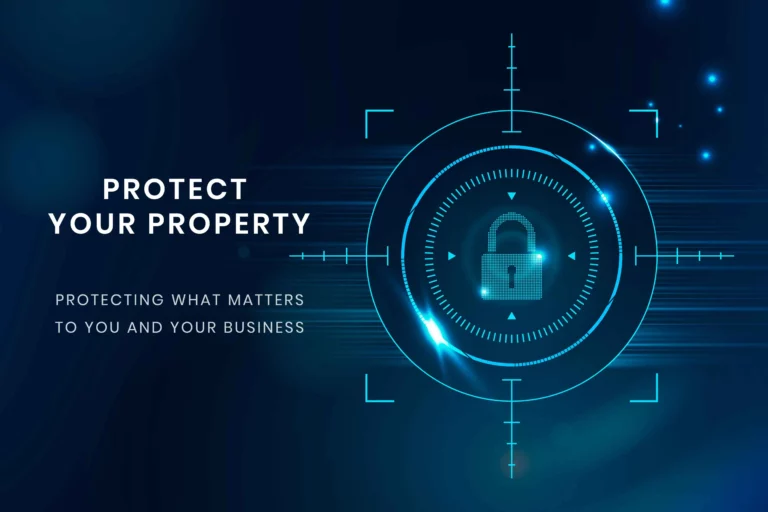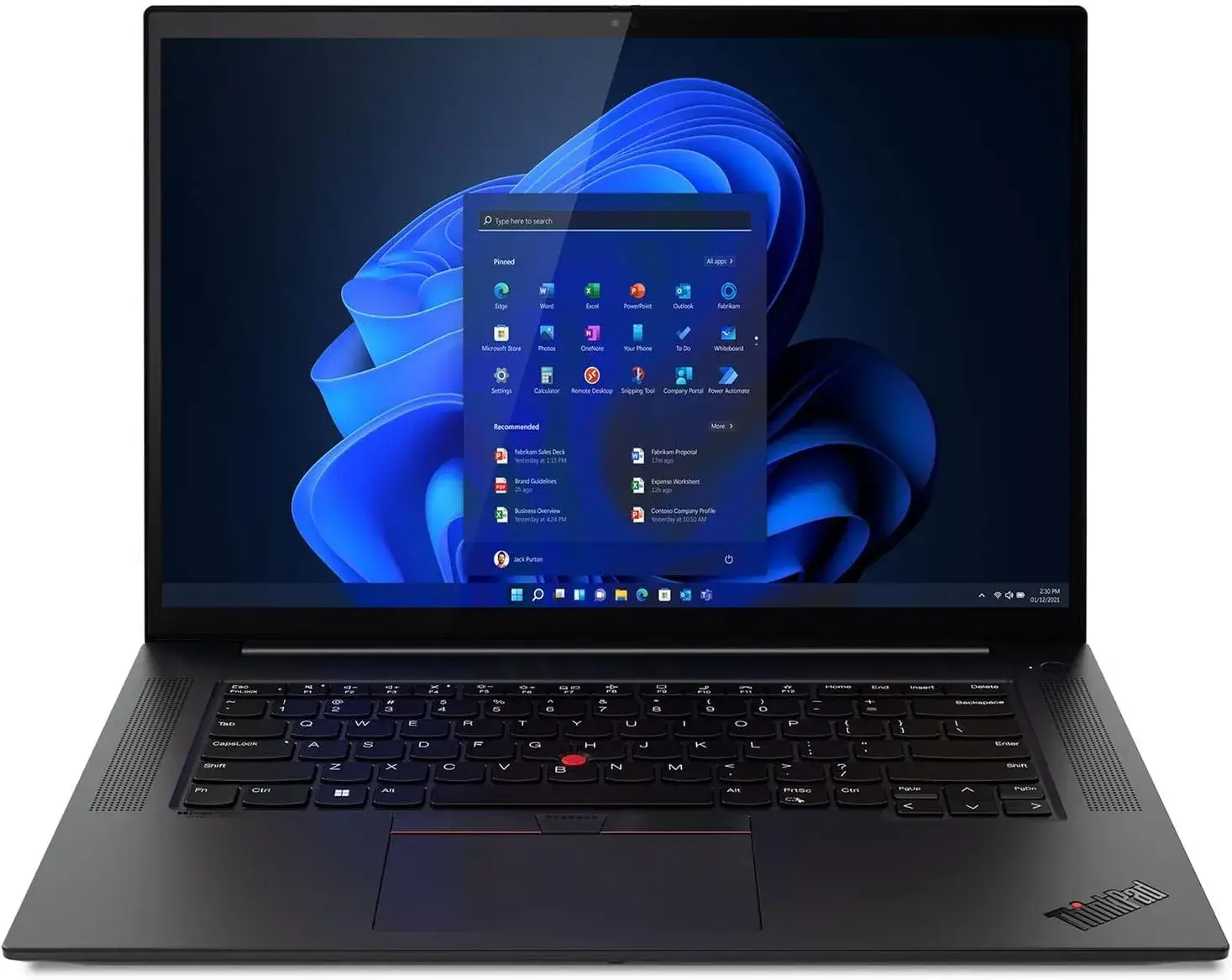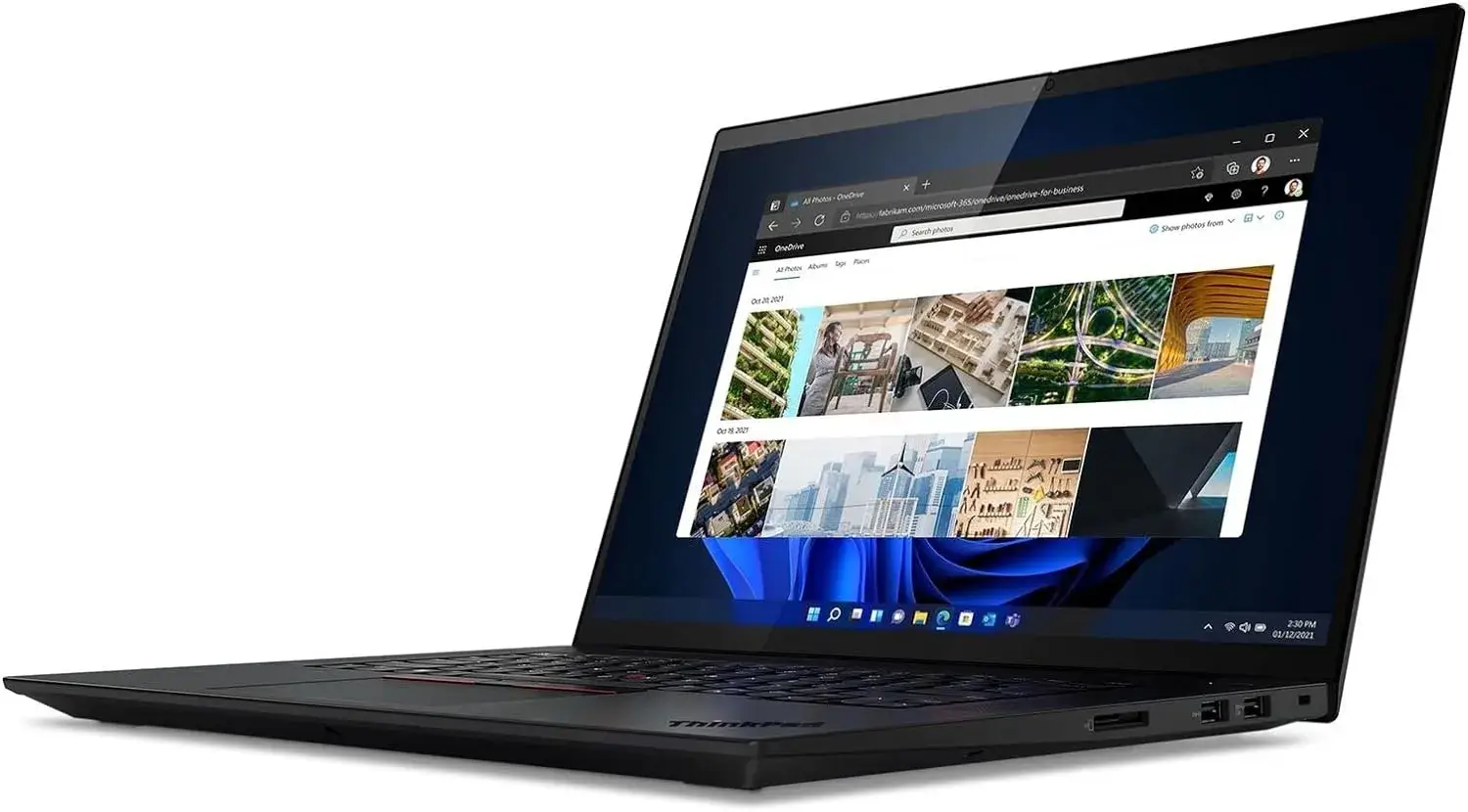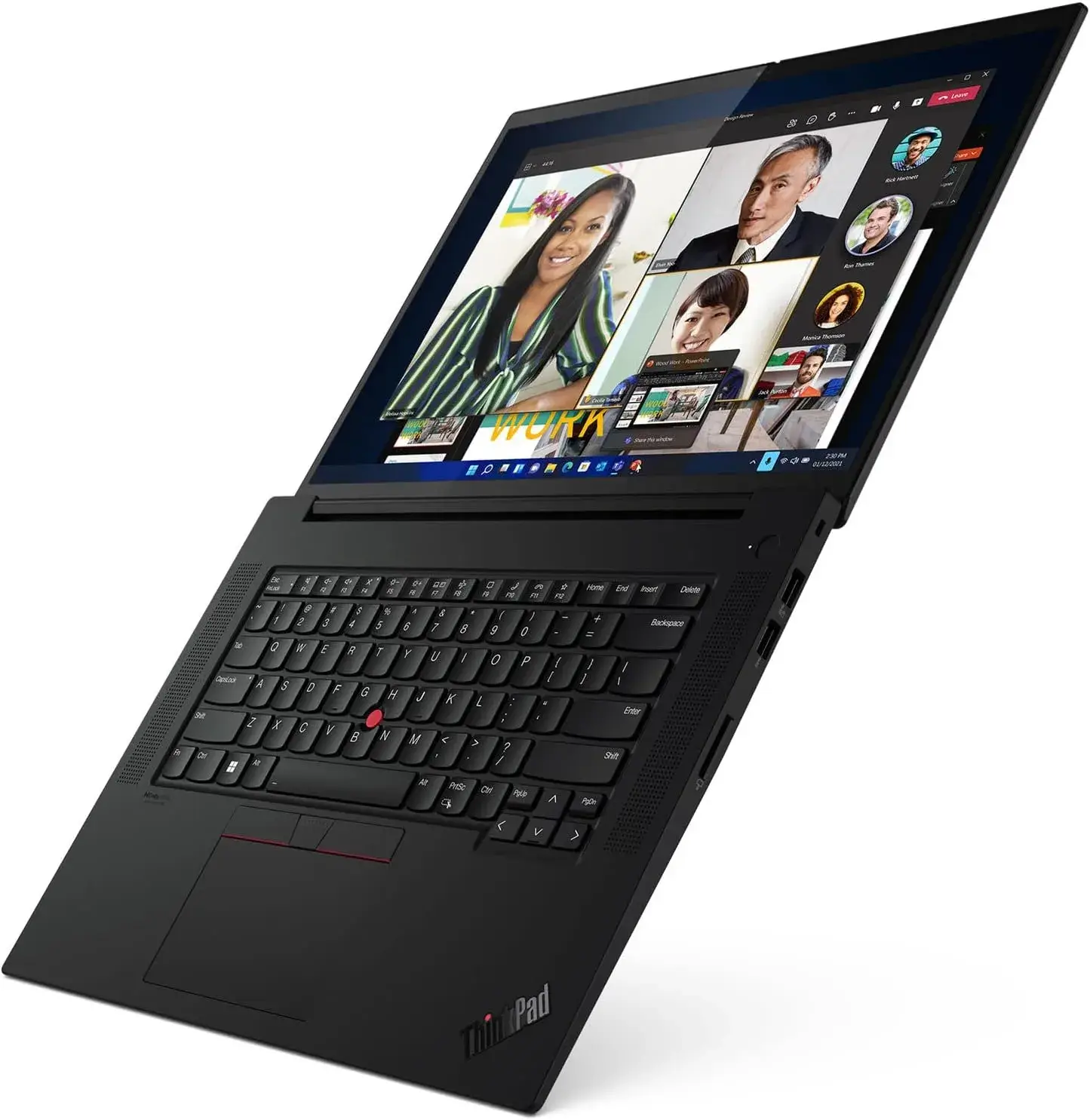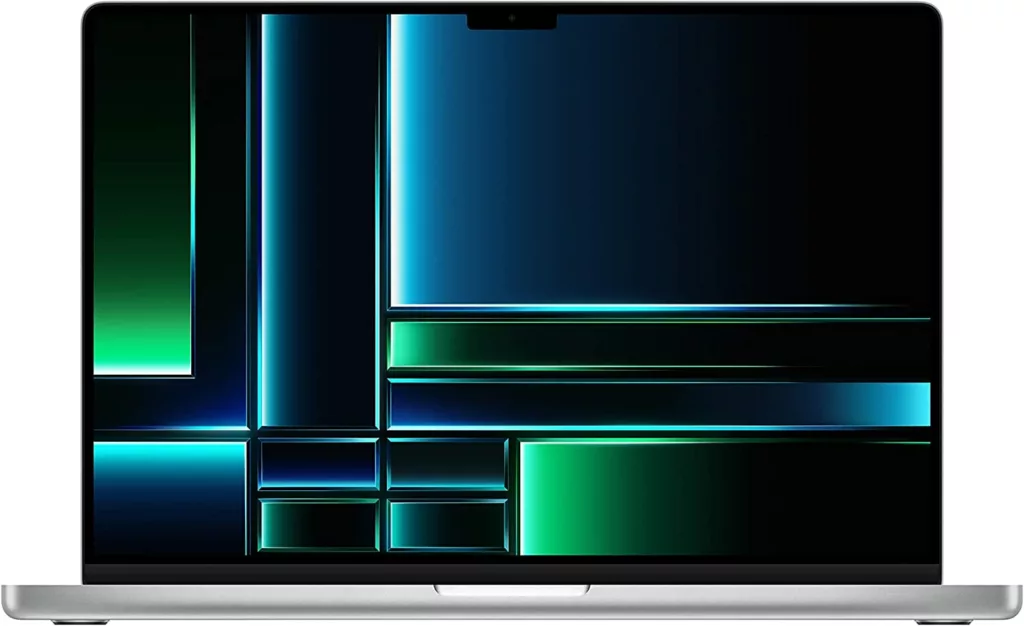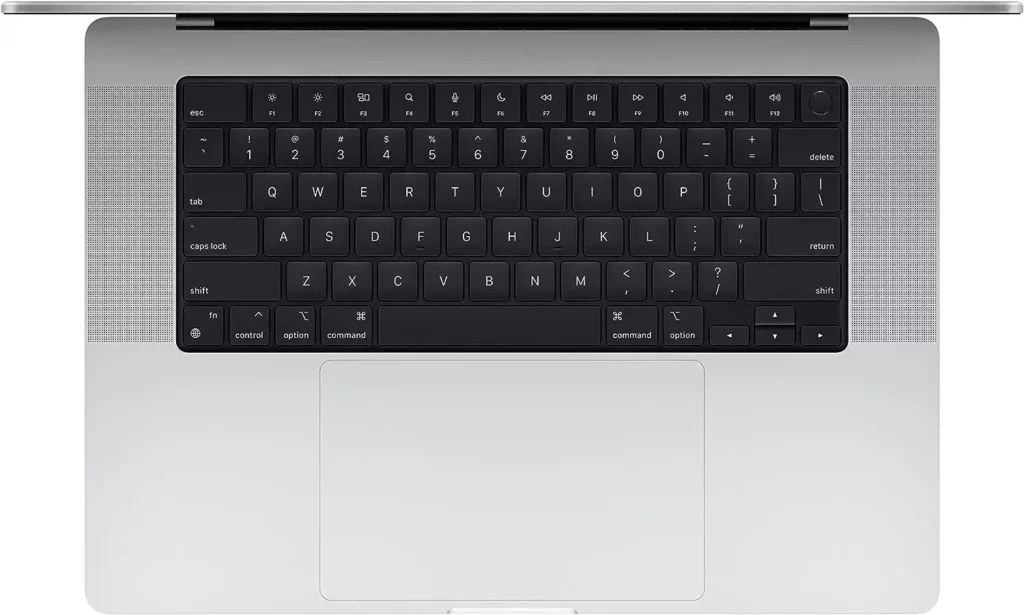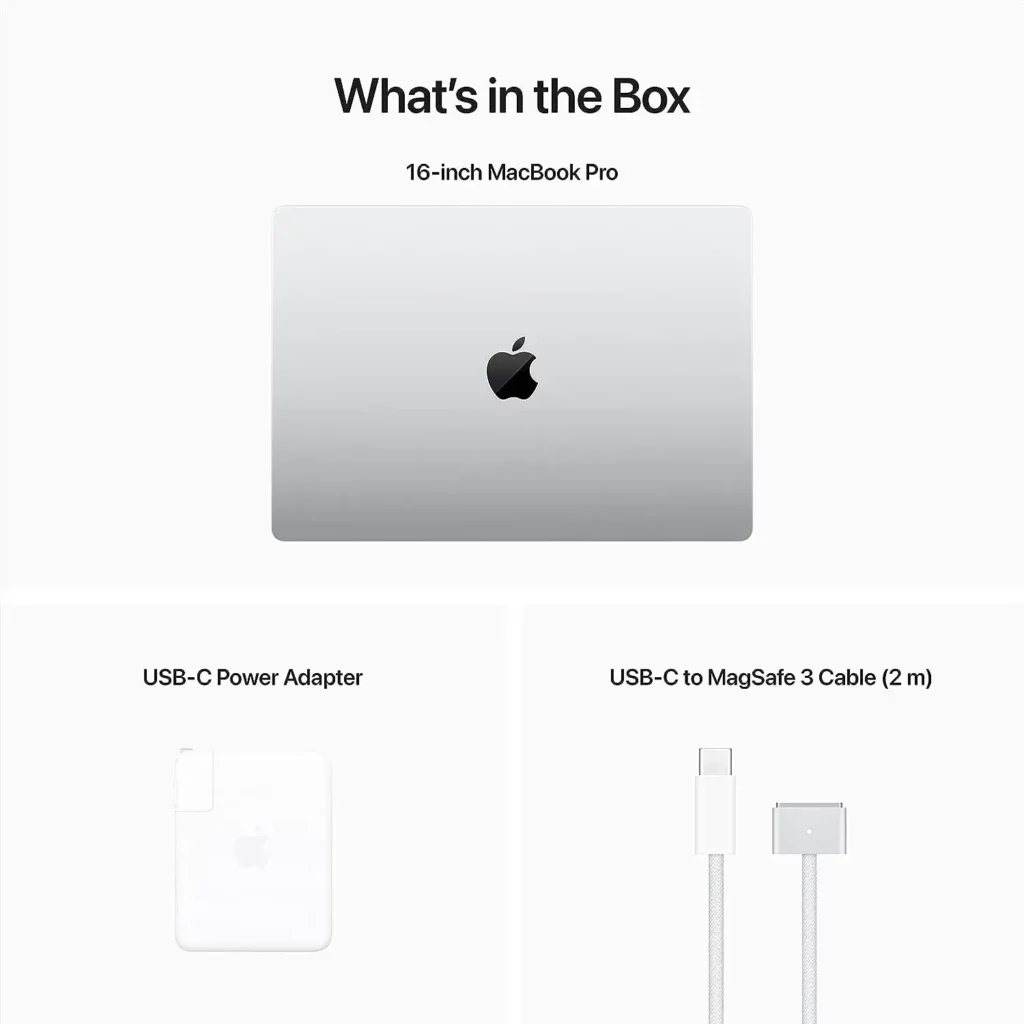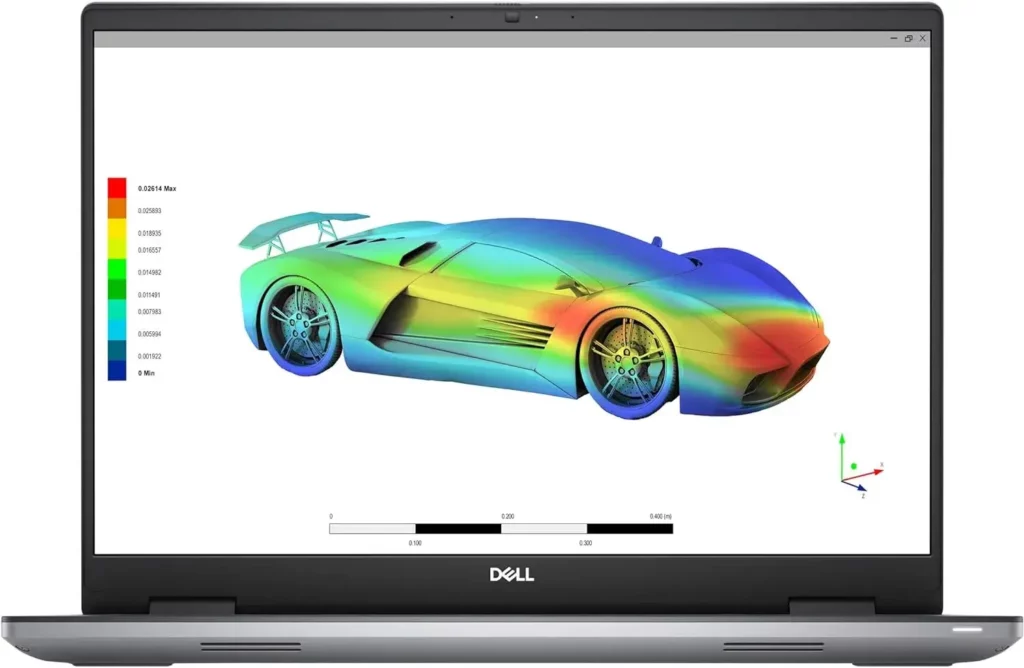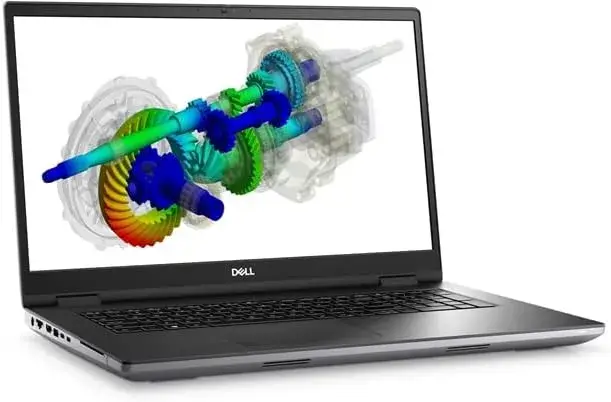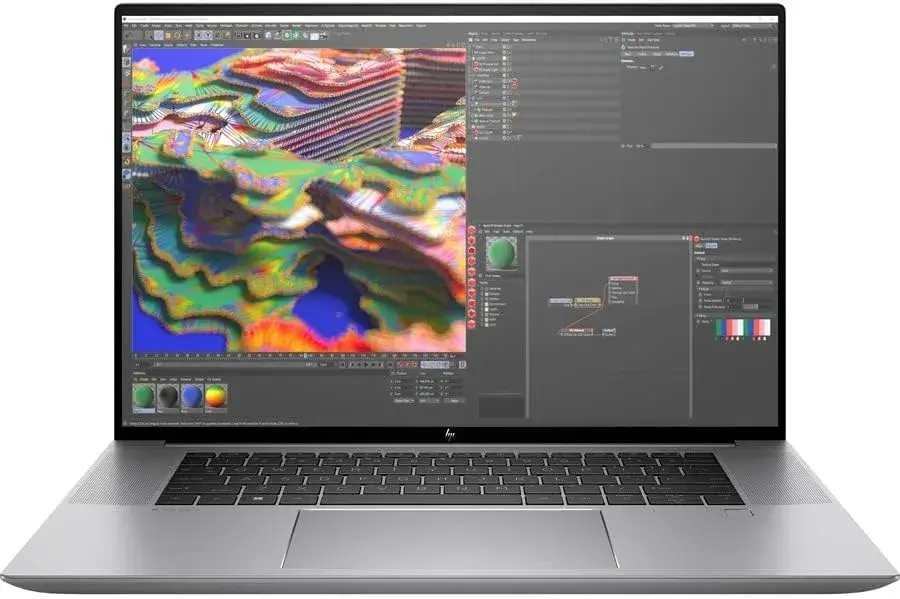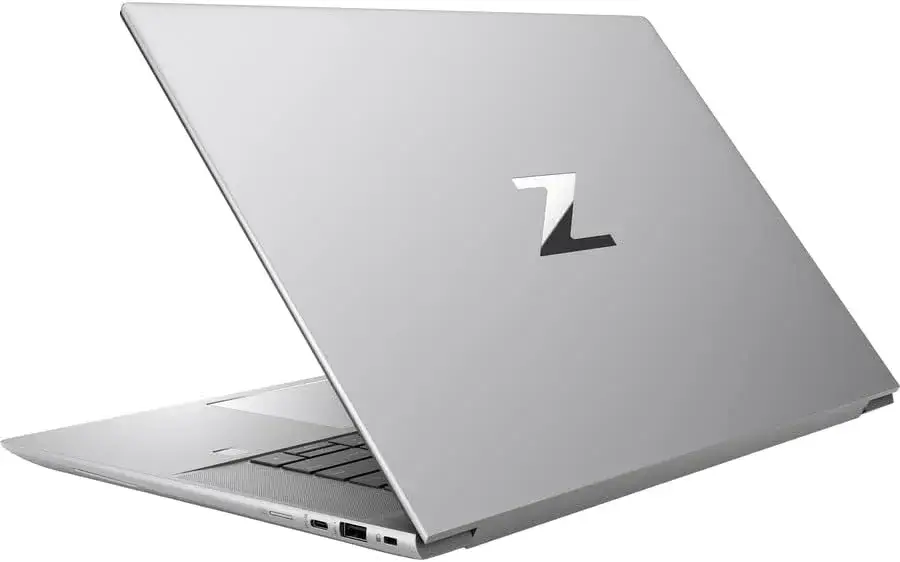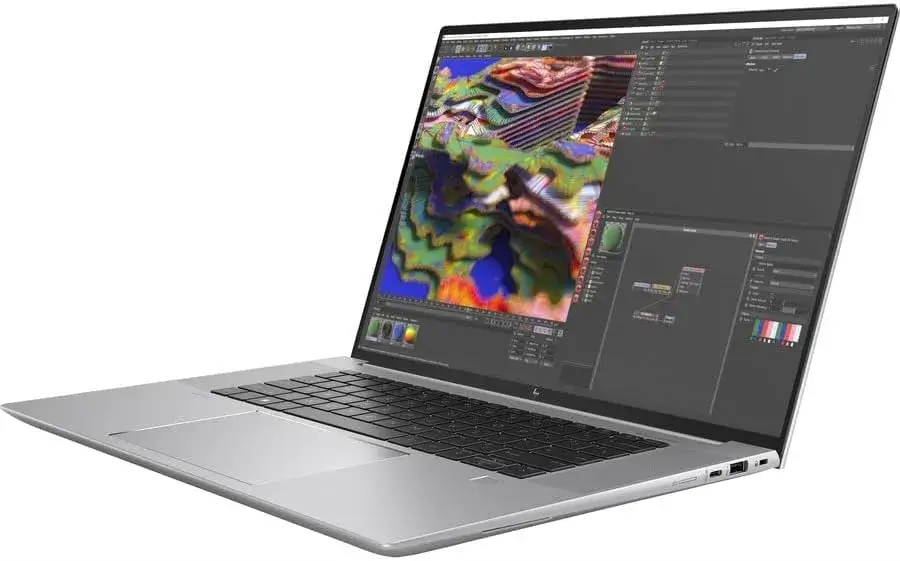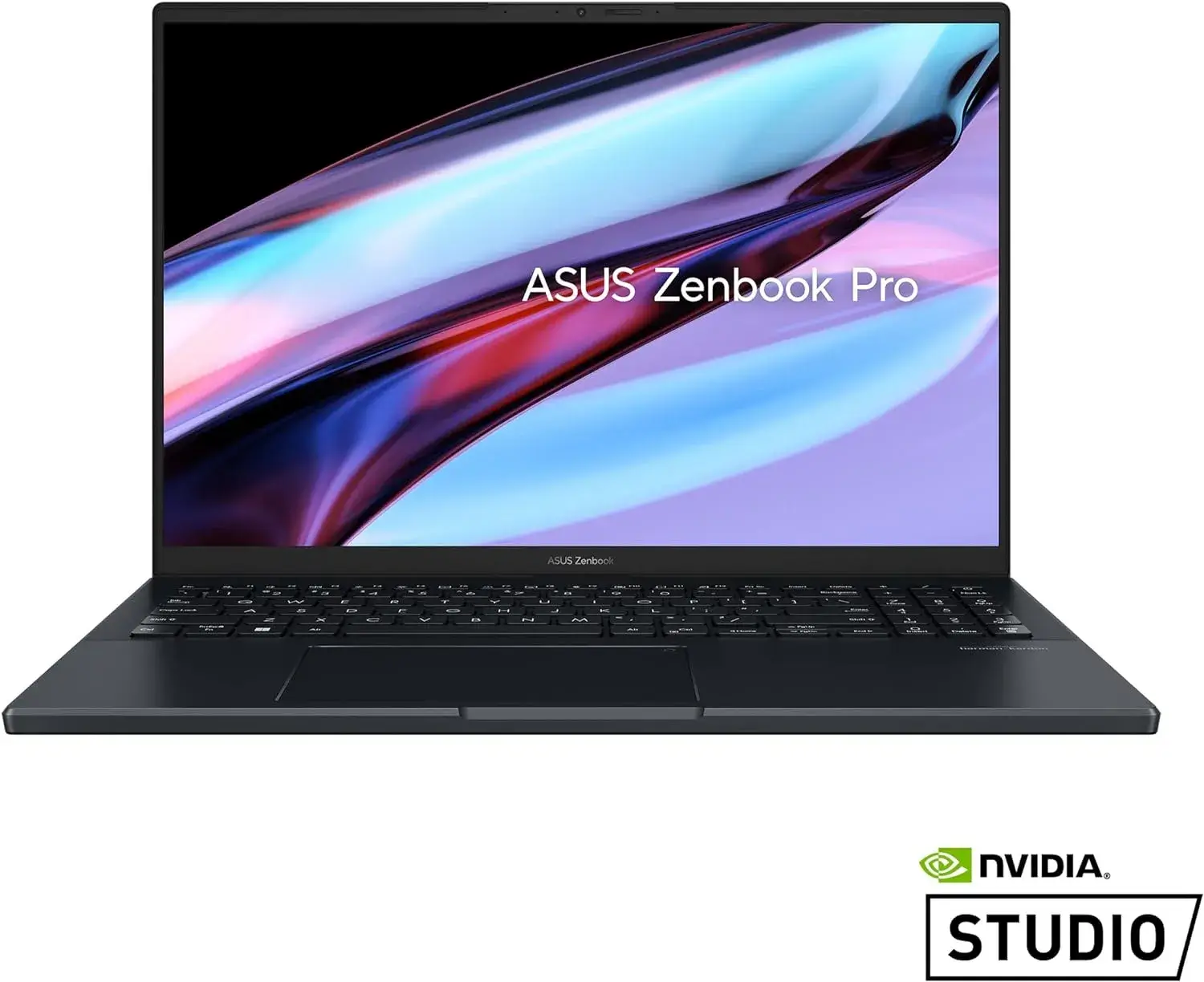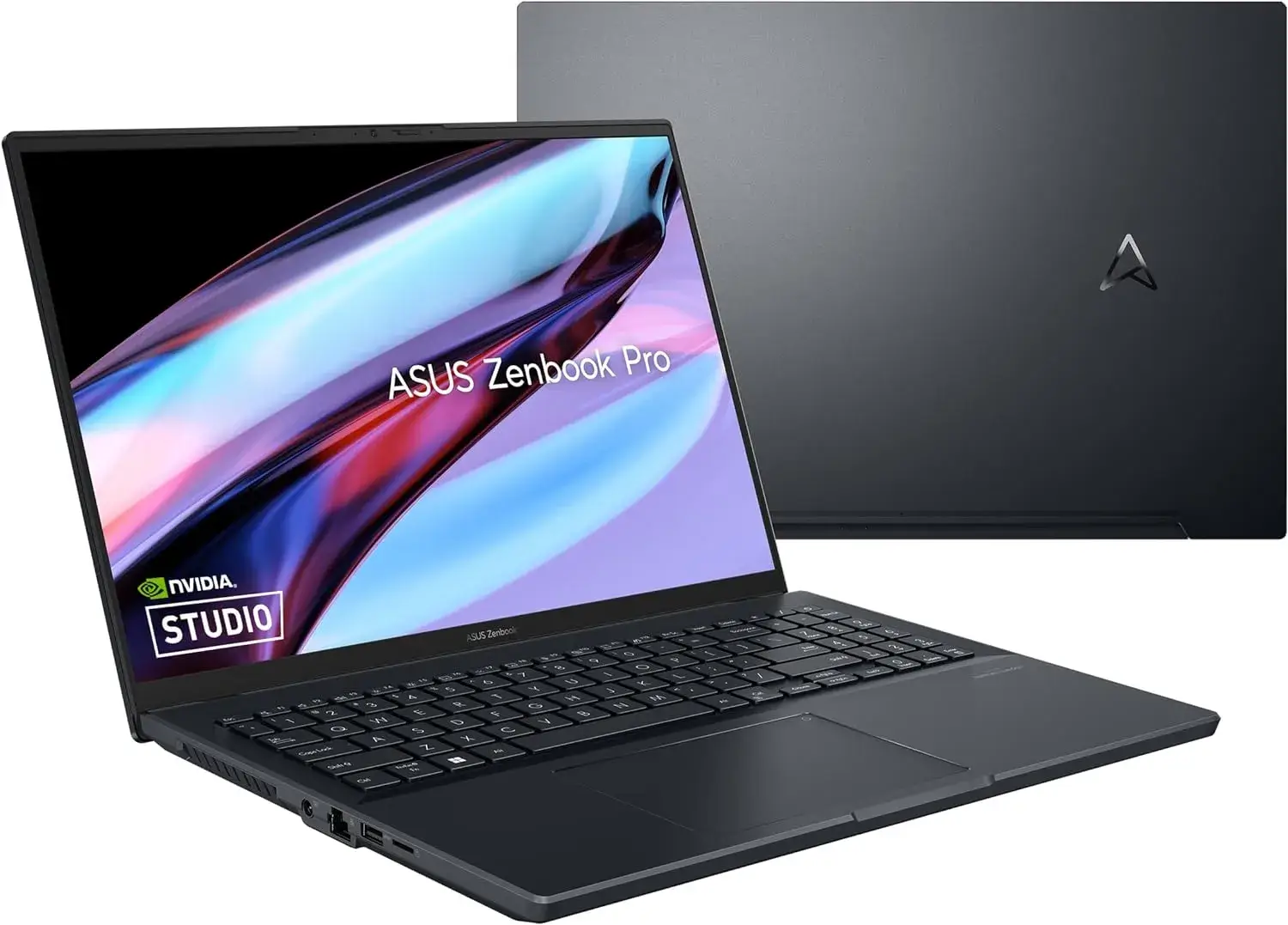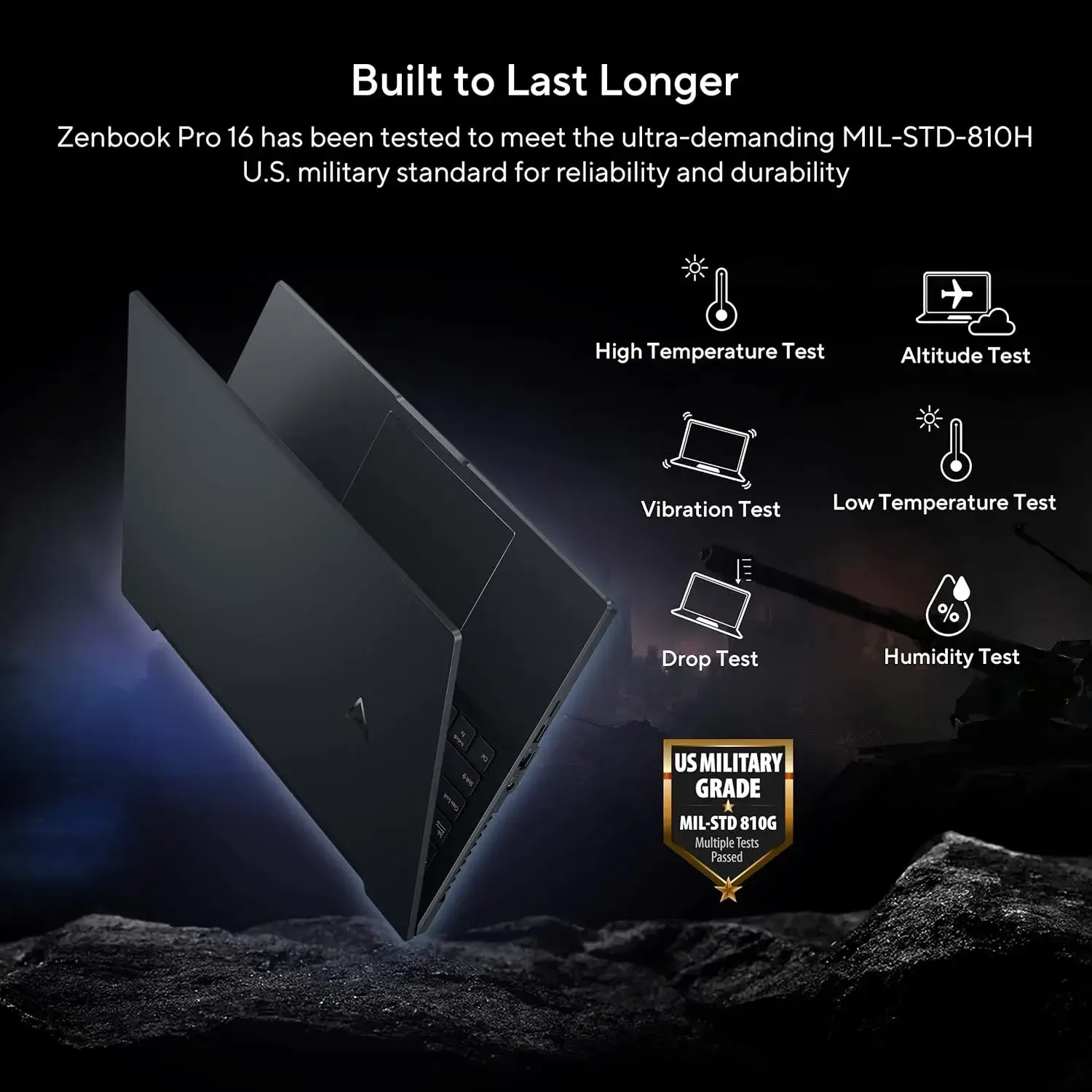In an increasingly interconnected world with exponentially growing digital space, effective cybersecurity measures are essential. Cyberattacks are growing more complex, therefore individuals, professionals, and companies must strengthen their digital defense systems. This requires a reliable laptop that meets cybersecurity requirements.
This comprehensive review examines the top five cybersecurity laptops in the market. Each laptop is carefully assessed for performance, security, durability, and suitability for cybersecurity professionals, students, and enthusiasts. Given the constant threat posed by cyberspace, having the right technology tools is not just wise but also necessary. So, let’s explore the best cybersecurity laptops.
Our Recommendations For You!
Based on thorough research, user feedback, and reviews, we have carefully selected the best laptops with the required features for you.
- Lenovo ThinkPad X1 Extreme Gen 5
- Apple MacBook Pro
- Dell Precision 7770
- HP ZBook Studio 16 G9
- ASUS Zenbook Pro 16
Technical Specifications Table
Here is the tabular summary of all the Laptops for a quick comparison!
| Features | Lenovo ThinkPad X1 Extreme Gen 5 | Apple MacBook Pro Max | Dell Precision 7770 | HP ZBook Studio 16 G9 | ASUS Zenbook Pro 16 |
|---|---|---|---|---|---|
| Processor | Intel Core i7-12800H with 14 cores (2.4GHz base) | M2 Max with 12 CPU cores | Intel Core 12th Gen i7-12850HX with 16 cores | Intel Core i7 12th Gen Tetradeca-core | 12th Gen Intel Core i7 |
| RAM | Up to 64 GB DDR5 | 16 GB memory | Up to 64 GB DDR5 | 32 GB DDR5 | 32 GB DDR5 |
| Storage | 2 TB NVMe SSD | Up to 8 TB storage | 512 GB PCIe M.2 NVMe SSD | 1 TB SSD | 1 TB SSD |
| Display | 16″ WQXGA IPS (2560×1600), 500 nits, 165Hz refresh | 16.2-inch Liquid Retina XDR (2560 x 1600) display | 17.3″ FHD (1920 x 1080) | 16-inch anti-glare WQUXGA (1920 x 1080) | 16-inch (2560 x 1600), 165Hz refresh |
| Graphics Card | NVIDIA GeForce RTX 3070 Ti with 8GB GDDR6 | Up to 38 GPU cores | NVIDIA RTX A4500 16GB GDDR6 | NVIDIA GeForce RTX 3070 Ti | NVIDIA GeForce RTX 3070Ti with 8GB GDDR6 VRAM |
| Battery Life | Up to 22 hours | Up to 22 hours | Up to 13 hours | Up to 10 hours | Up to 9 hours |
| Operating System | Windows 11 | MacOS | Windows 11 Pro | Windows 11 Professional | Windows 11 |
Detailed Review of Best Laptop for Cyber Security
1. Lenovo ThinkPad X1 Extreme Gen 5
Highlights:
- Powerful Intel Core i7-12800H processor with 14 cores and 2.4GHz base, 4.8GHz max
- 64GB DDR5 RAM for multitasking and 2TB NVMe SSD for fast data access
- 16″ WQXGA IPS (2560×1600) with 500 nits brightness, anti-glare, and 165Hz refresh rate
- NVIDIA GeForce RTX 3070 Ti with 8GB GDDR6 boosts graphics performance
- Up to 22 hours of battery life
- Rugged design, illuminated keyboard, and fingerprint reader for security and usability
- Intel AX211 Wi-Fi 6E and Bluetooth 5.2 for fast, seamless wireless communications
- Slim and lightweight, ideal for mobile professionals
Review
The Lenovo ThinkPad X1 Extreme Gen 5 is one of the top laptops for cyber security. It is equipped with a 14-core Intel Core i7-12800H processor, making it ideal for demanding security duties. With 64GB of DDR5 RAM, multitasking is simplified, allowing for the detection and analysis of threats. The 2TB NVMe SSD storage provides instantaneous access to critical data.
This laptop provides the clarity necessary for cyber security. The 16-inch WQXGA display and anti-glare technology with a resolution of 2560 x 1600 provide the clarity necessary for cyber security. The NVIDIA GeForce RTX 3070 Ti graphics card with 8GB GDDR6 RAM excels in data visualization and analysis. It has an excellent battery life of up to 22 hours.
The backlit keyboard and fingerprint reader improve both security and usability. Wi-Fi 6E and Bluetooth 5.2 on the Intel AX211 provide dependable, quick connectivity. Because this laptop lacks Ethernet, users may require an adapter for wired connections. Despite its exceptional features, the ThinkPad X1 Extreme Gen 5 is lightweight and has a durable design.
The Lenovo ThinkPad X1 Extreme Gen 5 is a powerful laptop for cybersecurity experts. It is an attractive option for digital threat protection due to its high-end performance, abundant memory, and excellent display. Although it lacks Ethernet, its robust capabilities and portability make it the best laptop for cybersecurity.
2. Apple MacBook Pro M2 Max
Highlights:
- M2 Max has 12 CPU cores, up to 38 GPU cores
- 16GB memory for powerful performance
- Magnificent storage space up to 8TB
- Up to 22 hours of Battery life
- 16.2-inch Liquid Retina XDR display
- Up to 22 hours of battery time
- A 1080p FaceTime HD camera, three microphones, and a six-speaker sound system
- MagSafe charging, Thunderbolt 4 ports, SDXC card slot, HDMI, headphone jack, Wi-Fi 6E, and Bluetooth 5.3
- Magic Keyboard with Touch ID for fast, safe unlocking and app access
- macOS operating system
Review
The M2 Max laptop is distinguished by its powerful components, which include 12 CPU cores, up to 38 GPU cores, and 16 GB of RAM. Cybersecurity professionals should consider this laptop for its exceptional performance with up to 8 TB of data storage space.
The 16.2-inch Liquid Retina XDR display’s wide dynamic range and greater than 1000 nits of brightness are optimal for cybersecurity tasks. It has an impressive battery life, offering 22 hours of productivity per charge. The architecture’s power efficiency ensures consistent performance, making it ideal for mobile cybersecurity.
The smooth operation of Adobe Creative Cloud, Xcode, and Microsoft 365 is a significant advantage. The laptop’s compatibility with iPhone and iPad applications makes the cybersecurity workflow more adaptable. The M2 Max is ideal for multimedia and communication.
macOS is Unix-based, which is favorable for cybersecurity professionals who need Unix/Linux tools and utilities. Many cybersecurity tools and scripts are built and optimized for Unix-like systems.macOS includes various security features, such as Gatekeeper (for app security), FileVault (disk encryption), and XProtect (malware protection). Apple also provides regular security updates.
However, it’s crucial to consider factors like software compatibility, customizability, and budget before making a decision.
Thunderbolt 4, an SDXC card slot, HDMI, and a headphone input. Wi-Fi 6E and Bluetooth 5.3 enable wireless connectivity on the laptop. The Magic Keyboard with Touch ID improves user experience by securing laptop and app access. Experts in cybersecurity seeking performance, dependability, and adaptability should consider the M2 Max.
3. Dell Precision 7770
Highlights:
- Intel Core 12th Gen i7-12850HX processor with 16 cores and 4.8GHz CPU
- NVIDIA RTX A4500 16GB GDDR6 graphics card delivers rich visuals
- 64GB DDR5 RAM for multitasking
- 512GB PCIe M.2 NVMe hard drive for fast data storage and access
- 17.3″ FHD (1920 x 1080) improves clarity and visual experience
- Up to 13-hour battery life for smooth operations
- FHD IR camera with Shutter, ExpressSign-In, and Intelligent Privacy improve cybersecurity protection
- US English Single Pointing Backlit Keyboard, SmartCard Reader, and SSD Door
- Windows 11 Pro latest operating system
Review
Dell’s Precision 7770 laptop is optimal for cyber security experts valuing performance and power. This laptop’s Intel Core 12th Generation i7-12850HX processor has 16 cores and a clock speed of 4.8 GHz, enabling it to perform complex security duties with ease.
The dedicated NVIDIA RTX A4500 16GB GDDR6 graphics card enables immersive visual experiences for cybersecurity data analysis and visualization. This laptop’s 64GB DDR5 RAM and 512GB PCIe M.2 NVMe hard drive allow for efficient multitasking and quick data access. Windows 11 Pro and a battery life of up to 13 hours allow for streamlined mobile operations.
The 17.3-inch FHD display with 1920 x 1080 resolution and 500 nits of luminance enhances analytical precision. The FHD IR camera with Shutter, ExpressSign-In, and Intelligent Privacy provides added security and peace of mind to cybersecurity professionals. The Backlit Keyboard and SmartCard Reader/SSD Door underside cover enhance its usability.
In conclusion, the Dell Precision 7770 is a top-tier cybersecurity laptop due to its robust construction and security features, boasting superior processing power, graphics, memory, and display.
4. HP ZBook Studio 16 G9
Highlights:
- 16-inch anti-glare WQUXGA display (1920 x 1080) for comfortable, crystal-clear viewing
- High-performance Intel Core i7 12th Generation Tetradeca-core processor
- 32 GB RAM for seamless multitasking
- 1 TB of SSD storage for efficient data administration
- NVIDIA GeForce RTX 3070 Ti 8 GB discrete graphics card
- Iris Xe Graphics for enhanced visual experience
- Up to 10 hours of battery time
- Windows 11 Professional for a modern and secure computing environment
Review
The HP ZBook Studio 16 G9 is a powerful mobile workstation, making it an excellent option for cybersecurity experts. With 32 GB of RAM and a 1 TB SSD, this laptop provides seamless multitasking and ample storage for your data, ensuring that you can run multiple programs concurrently without compromising performance.
Intel Core i7 12th Gen Tetradeca-core processor provides the processing power necessary to tackle complex cybersecurity tasks. GeForce RTX 3070 Ti and Iris Xe Graphics ensure optimal multimedia application performance and enhance the user experience.
The 16-inch WQUXGA display size enhances your viewing experience, allowing you to work for extended periods in comfort. The anti-glare screen reduces eye discomfort during extended use. It has an efficient battery time of up to 10 hours.
The HP ZBook Studio 16 G9 is a superior option for cybersecurity professionals seeking a potent, dependable, and feature-packed laptop. It stands out among the five best laptops for cybersecurity due to its robust hardware specifications and specialized features.
5. ASUS Zenbook Pro 16
Highlights:
- 16-inch (2560 x 1600) display with 165Hz refresh rate for great visuals
- 12th Gen Intel Core i7 processor with Intel Iris Xe graphics for multitasking Large 32 GB DDR5 RAM for smooth software performance
- 1 TB SSD storage for safe and enough file storage
- The NVIDIA GeForce RTX 3070Ti has 8GB GDDR6 VRAM for better multimedia performance
- Up to 9 hours of battery life
- Sleek and durable design
- Windows 11 for user experience and security
Review
ASUS ZenBook Pro 16 is one of the top five cybersecurity laptops. The 16-inch monitor with a resolution of 2560 x 1600 pixels and a refresh rate of 165Hz is remarkable. This laptop’s 12th Gen Intel Core i7 processor @ 2.3 GHz and Intel Iris Xe graphics allow it to perform both work and play with ease.
Cybersecurity professionals can utilize complex applications that require 32 GB DDR5 RAM for multitasking and application execution. A 2 TB SSD provides sufficient storage for large files and applications. The NVIDIA GeForce RTX 3070Ti graphics card with 8GB GDDR6 VRAM enhances multimedia and graphics performance for cybersecurity.
The ASUS DialPad facilitates virtual program control, enhancing the user experience and productivity. Being NVIDIA Studio Ready means improved performance for creative and professional applications, which increases its desirability.
The ASUS Zenbook Pro 16 is suitable for mobile workers. It employs Windows 11, a modern and secure operating system. This laptop is an excellent option for cybersecurity professionals who require a potent, portable, and feature-rich device.
Conclusion
In conclusion, choosing the best laptop for cybersecurity requires balancing power, performance, and security. The five laptops highlighted in this article stand out in a variety of ways, meeting the varied requirements of cybersecurity professionals.
The Lenovo ThinkPad X1 Extreme Gen 5‘s strong processor, ample memory, and high-quality display make it a top choice for performance.
The Apple MacBook Pro Max provides impressive computing capacity and a feature-rich, secure ecosystem that appeals to Apple ecosystem users.
The Dell Precision 7770 stands out due to its high-end Intel Core processor, ample RAM, and NVIDIA graphics, making it ideal for computationally demanding cybersecurity duties.
The HP ZBook Studio 16 G9’s anti-glare display, powerful graphics card, and RAM make it a solid choice for professionals who value performance and clarity.
The ASUS Zenbook Pro 16 Laptop provides portability-focused users with an elegant design, high refresh rate display, and a potent Intel Core i7 processor, ensuring mobile productivity.
Also, Check out the article “Best Budget Laptop for Programming” for more options.

